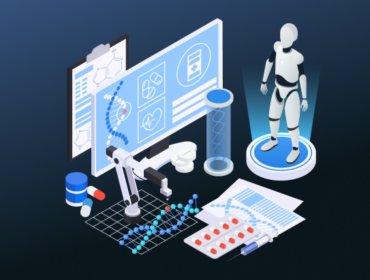As blockchain is gaining its momentum so quickly, the business world has already acknowledged that cryptocurrencies and mining are by far not the only ways to use blockchain. And it looks like the next step in blockchain awareness is taking place now, when businesses become aware that blockchain can be easily mobile.
DApp is precisely that — blockchain on the inside, regular mobile app on the outside. As all sectors without exception are becoming mobile-first, the 2022 market development predictions for DApps are not just optimistic, they are simply stunning.
If by 2021, you haven’t introduced blockchain into your business operations yet, 2022 is certainly a good year to start, and DApp is surely a solid starting point.
Let’s start with the basics though — functioning principles, typical use cases, and the key benefits from own DApp development for businesses.
What are DApps and how do they work?
D in DApp stands for “decentralized,” which hints to us that all DApps are blockchain-based. In other words, unlike regular mobile apps, DApps do not rely on a single server but on a network of independent machines instead. This tech feature makes all DApps more secure, independent and flexible at the same time.
DApps work using tokens, or smart contracts, that are usually generated on Ethereum (the most popular and widely spread blockchain technology). All tokens are stored in a wallet, just as with any other blockchain project.
In simplified terms, all DApps can be compared to Uber or Torrent: there is no single source of authority, and the functioning is entirely dependent on the network principles.
The absolute majority of DApps are built on public blockchains (Ethereum in the first place); however, in some cases, DApps can be also developed as private.
Typical use cases of DApp development
DApps can be especially useful in the following business situations:
- When there is a need to exclude the intermediary (taxi services, real estate sales, automated auctions with bids);
- Mobile games with paid collectibles (a digital market with a vast potential these days! DApps are there to guarantee all players transparency and fairness in the game as well as super-quick payment transactions);
- Crypto investments and exchange (in this case, the DApp must be surely built on a public blockchain)
- In supply chain management (DApps are used mostly for traceability purposes).
Where is the profit value in DApps?
When DApps are advertised these days, the emphasis is usually on the speed of transactions in them and the fact that they are cool and the next big thing. But there are also purely financial, pragmatic motivations to have an own DApp developed for one’s business:
- DApp is a perfect tool if your business is transaction-based. For example, when you are a vendor of an online or a mobile service.
- DApp can also be convenient if you have a membership club for your most loyal customers.
- DApps may serve as a tool for the annual/monthly contracts renewal.
- If you work in gaming or digital services, DApp can be a relatively easy tool to organize a constant inflow of payments under the freemium model.
DApp development in several stages
Many businesses are very well aware of all the potential benefits from having a DApp integrated into their business workflow, however, they are still reluctant to do so because of the misconception that decentralized app development is either expensive, or takes too much time, or both.
In fact, developing your own DApp is not that different from having a new software solution introduced in your office. The stages are pretty much the same:
- Determine the workflow which potentially can become blockchain-based. There can be a few processes that you would immediately prefer to optimize and automate using a DApp, however, we would strongly recommend starting small, with one pilot process only.
- Developing the PoC (proof of concept). First of all, you need to make sure the problem in question can be really solved with a blockchain, and blockchain is the fastest and the most reasonable way to solve it. Once you are confident about that, time and money estimations should be considered. Useful hint here: if you are working on a saturated, well-developed market, do not try to reinvent the wheel and do your homework first. There is a great deal of probability that a team of developers in another country has already launched the DApp precisely as you need.
- Decide on stack preferences: Public, private, or permissioned blockchain? Ethereum or something else?
- Building the front-end (you might want to include a couple of loyal customers as first testers to check usability and user-friendliness).
- Pilot testing and launch to market.

Expected and hidden costs of DApp development
The price bracket in this market segment of the blockchain market is really wide. Even the most experienced developer won’t be able to tell you the exact price tag before you together decide on the stack, time framework and usability frequency of the DApp.
The major expenditure items in DApps development include the following:
- Most DApps are run using tokens that should be purchased in advance. If you plan to use a DApp for data exchange exclusively, it can actually be built without tokens. However, if you need financial transactions in your DApp, tokens are a must. Ethereum and its ERC20 tokens are the most obvious choice, however, the market is already full of alternatives.
- The complexity of the DApp itself as well as the expected number of participants in it would directly predetermine the costs of your future blockchain app project.
- Do not assume that because blockchain is decentralized, it does not require support. If there’s money involved, considering the option of 24/7 Support is always a good idea.
- Investing in thorough testing of several alternative wallets is another good idea. As we’ve mentioned earlier, if your workflow is a routine one, Ethereum wallets (Tresor, Metamask, etc.) would always be the number one option to consider. In other cases, testing several wallets can be recommended.
On a final note, do not disregard the hidden costs of finding the right development team.
There is always a temptation to hire a freelance developer promoting their services on Medium or GitHub. This can be an option if you are a startup or a really tiny business that cannot afford more than that.
In all other cases, choosing an experienced team with an extensive portfolio of already launched business DApps is always a safe bet that would guarantee DApp delivery under the reasonable budget and time framework.




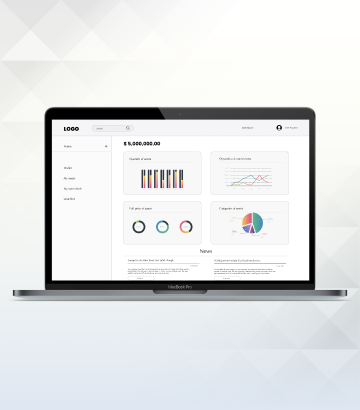
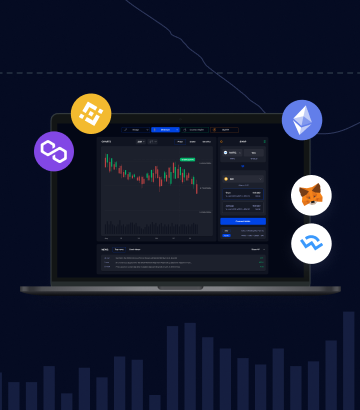
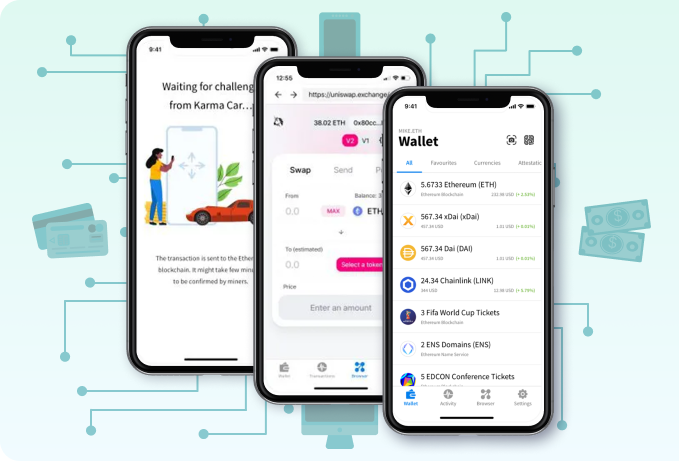
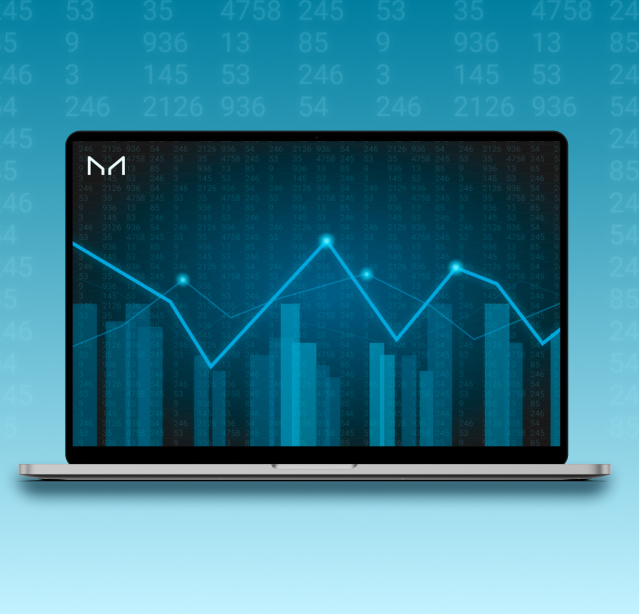
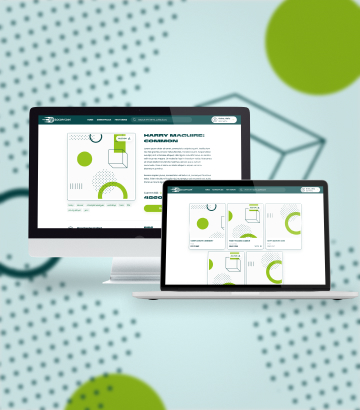

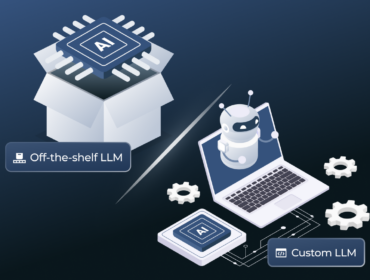
![Blockchain and DApp development: the definitive guide What’s the EU Artificial Intelligence Act and How to Comply? [Webinar]](https://unicsoft.com/wp-content/uploads/2024/03/Cover_1140_v1.1-370x280.png)
